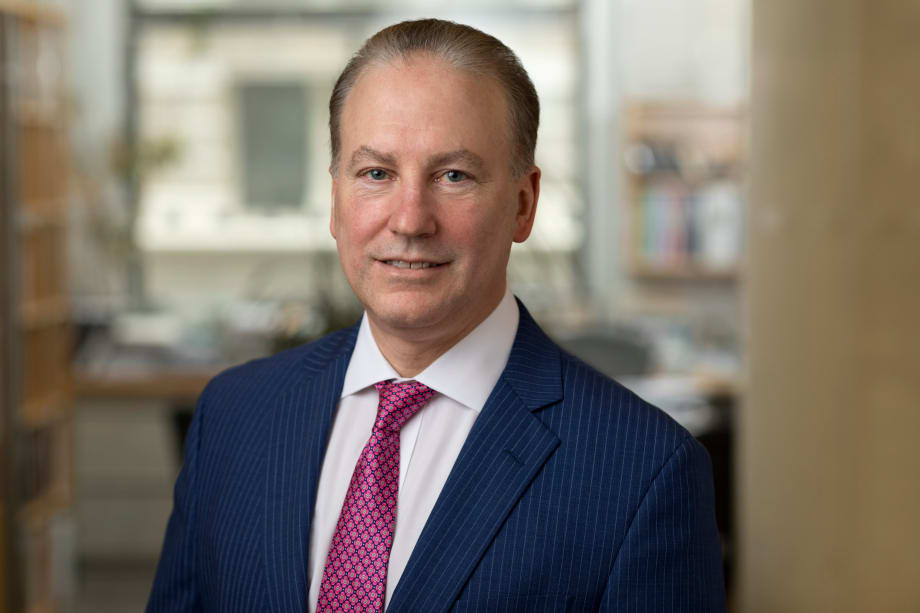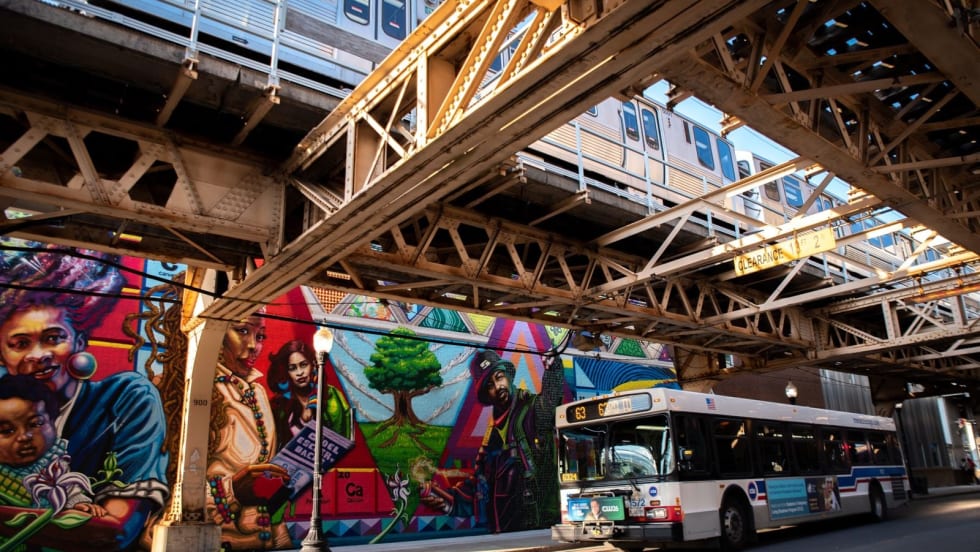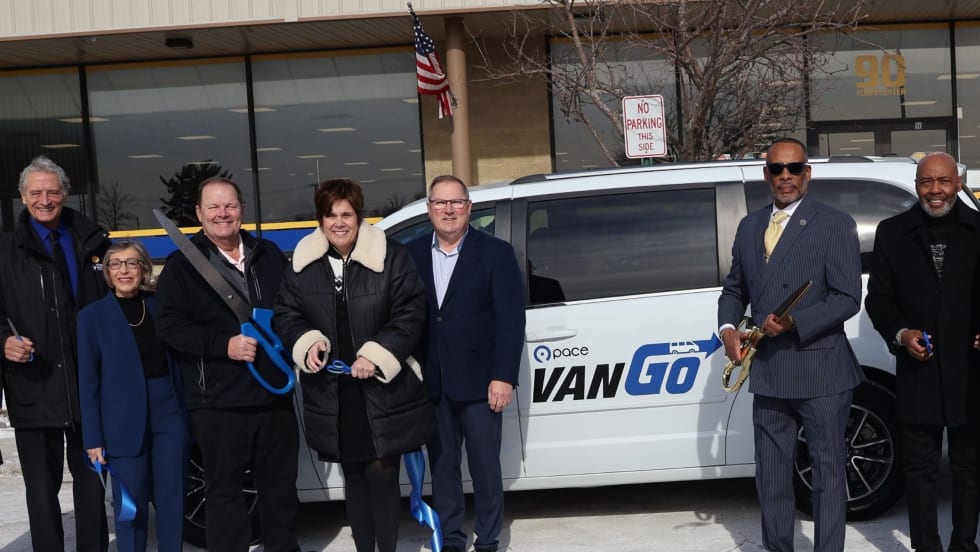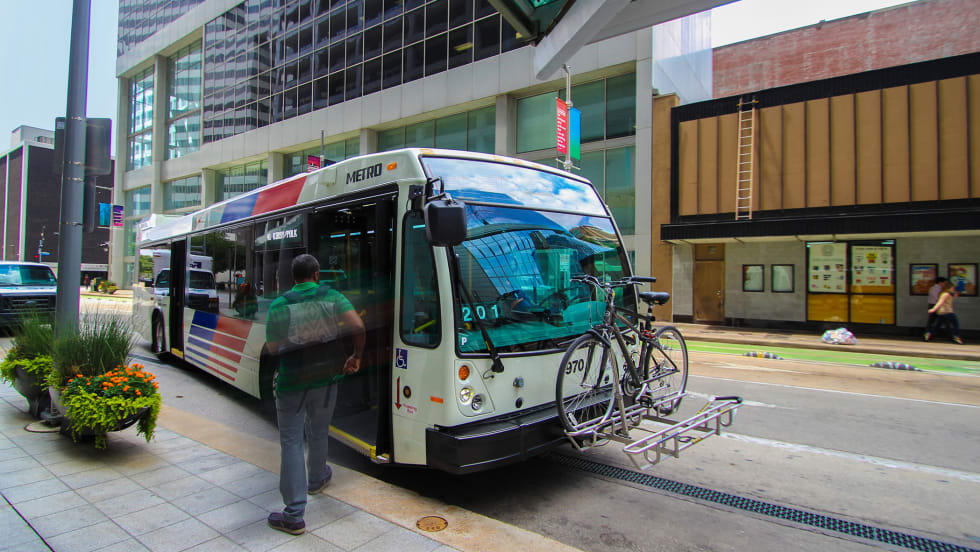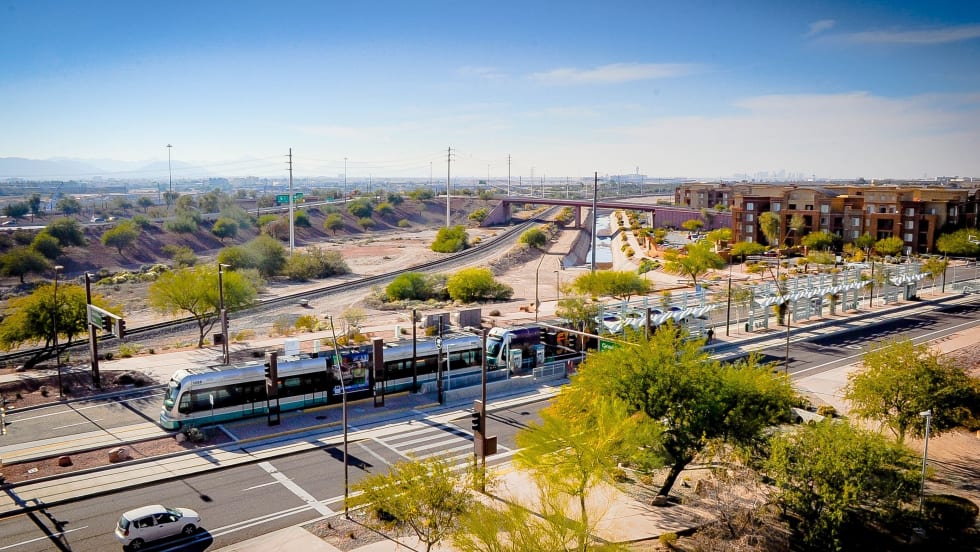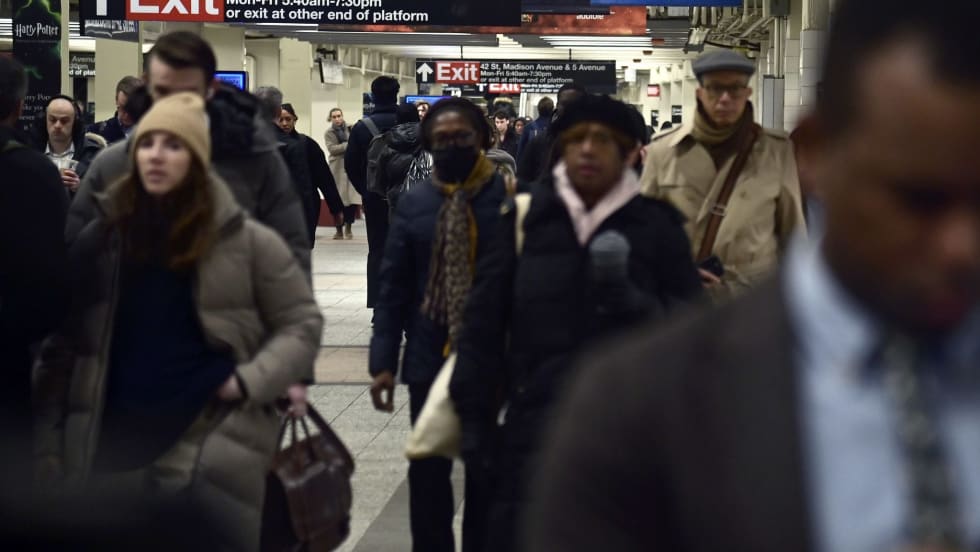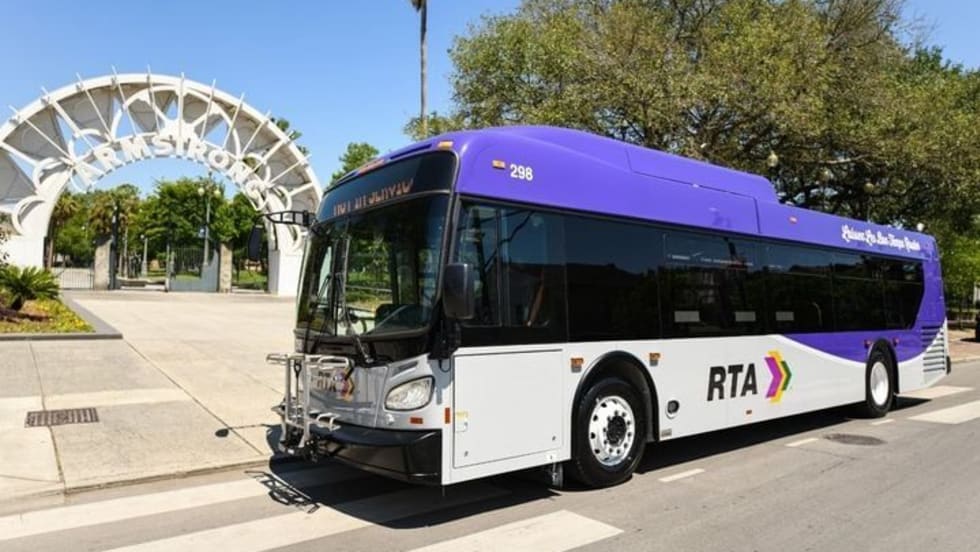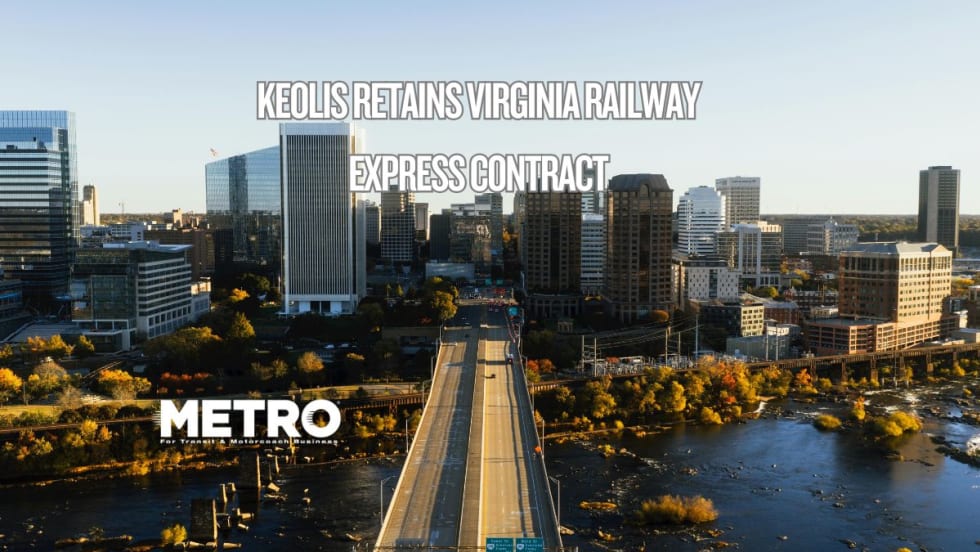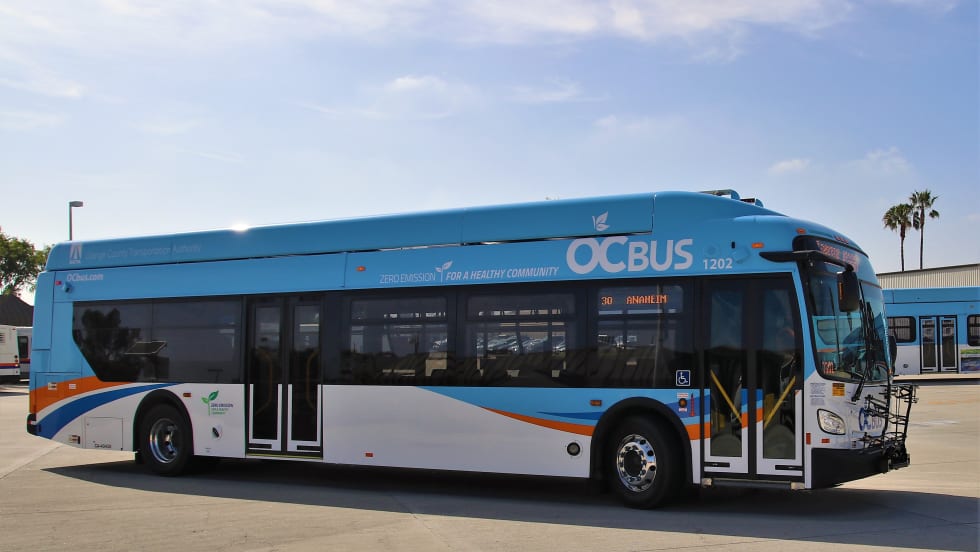As cities, states, and provinces throughout the U.S. and Canada slowly begin to reopen, there is no doubt there will be a new normal not only in the way people commute, but in the way capital projects are planned and executed.
Rich Amodei, executive VP, transportation and infrastructure for STV, discussed for a consultant roundtable in the July issue on the challenges for transit properties, increasing ridership post-pandemic, and much more with METRO.
Other than funding and the pandemic, what are the key challenges facing transit properties today as they attempt to start, progress, or complete projects?
There will be multiple challenges for transit providers as they look to restart and complete projects following the pandemic. In my mind, one critical challenge is capacity on both the public and private sides. The pandemic put a lot of projects on hold. Those projects, on top of the new projects we expect to see from the President’s infrastructure plan and those already in the pipeline for this year and next, are likely to create an unprecedented backlog, requiring professional and non-professional services with limited capacity. A labor shortage would certainly put pressure on owners, A/E firms, contractors, and building materials manufacturers that are looking to deliver projects around the country. Owners have experienced quite a bit of attrition because of an aging workforce retiring early when faced with the uncertainty and safety concerns of the pandemic. Owners and consultants alike will need to fill this workforce without sacrificing the institutional knowledge that is invaluable to delivering the massive projects that lie ahead of us.
Transit was making some real gains in ridership pre-pandemic. How do you think transit can get back some of that ridership both in the short- and long-term?
We are already starting to see a rise in ridership across the country. A portion of the workforce that had the option to work from home is now beginning to return to the office. That natural short-term rise might continue for a little while longer as more people are vaccinated. However, achieving a long-term increase in ridership and reaching pre-pandemic levels will require some creative thinking. Customers have a new set of expectations that did not exist pre-pandemic. Transit agencies’ ability to meet those expectations will impact whether ridership levels continue to increase.
Reaching pre-pandemic levels will require not just easing customers’ fears about infection transmission on public transportation. Transit lines across the country must reimagine what the customer experience will be, how they can generate revenue to support that vision and fund necessary capital improvements, and how they can deliver that vision with minimal or even a zero-carbon footprint. We have been working with many of our transit clients around the country to develop some of these recovery strategies. The new normal is going to be different. Our assignments range from station accessibility and amenities to incorporating on-board technologies, as well as equity and gender equality in transportation. We are ready for the challenge and happy to be supporting many of our clients through these unprecedented times.
As far as funding goes, are you optimistic that a favorable authorization bill can get done and do you feel this Administration values transit the way it should?
The administration’s $2 trillion infrastructure plan demonstrates their commitment to transit and the overall transportation infrastructure market sector. Whether or not we will see all of it, or at least a substantial amount of it, pass through legislation is the major question that has all of us watching Washington closely. A key part of the administration’s infrastructure plan is focused on improving public transit, roads, bridges, rail, ports, and airports. It is clear they understand the economic need to create jobs as well as the environmental opportunities that exist by reducing congestion and greenhouse gas emissions.
What is STV’s biggest challenge at this time, and what is the firm doing to overcome that challenge?
We are looking at ways to transition from a work-from-home mode of operations to something that resembles the old normal while still recognizing the work-life balance advantages our employees may want to continue. Our employees are our greatest asset. Staring down the barrel of this massive infrastructure plan, there is going to be a shortage of skilled labor, so retention is the first step in being able to deliver this plan for the communities, states, and government agencies we serve.
Since day one, we have had teams delivering essential services, designing, planning, and managing the construction of transportation infrastructure projects. We understand that now is not the time to let up on delivering world-class services to our clients, on time and on budget. Every engineering firm around the country needs to have all hands-on deck to realize this ambitious plan in the time frame outlined. Likewise, owners will need to streamline procurements to allow consultants to use effectively use that time for delivering projects.
What lessons did you learn, personally, through the last year that we have lived through the pandemic?
It has been a very humbling experience but also a call to action. In recognizing our vulnerabilities, we become smarter, and innovation takes off. We see this in the shift of the planned projects ahead of us. We clearly see the impacts our day-to-day lives have on the planet, as far as air pollution and our overall carbon footprint. We must design and build smarter and more sustainably. What we build today will be standing 100 years from now, so planning for that longevity and trying to foresee where humanity is headed must be a fundamental part of the process.
We also need to catch up to the wave of technology. In doing so, we can address some of those new customer experience expectations, increase revenues, reduce operational costs, and improve safety.




